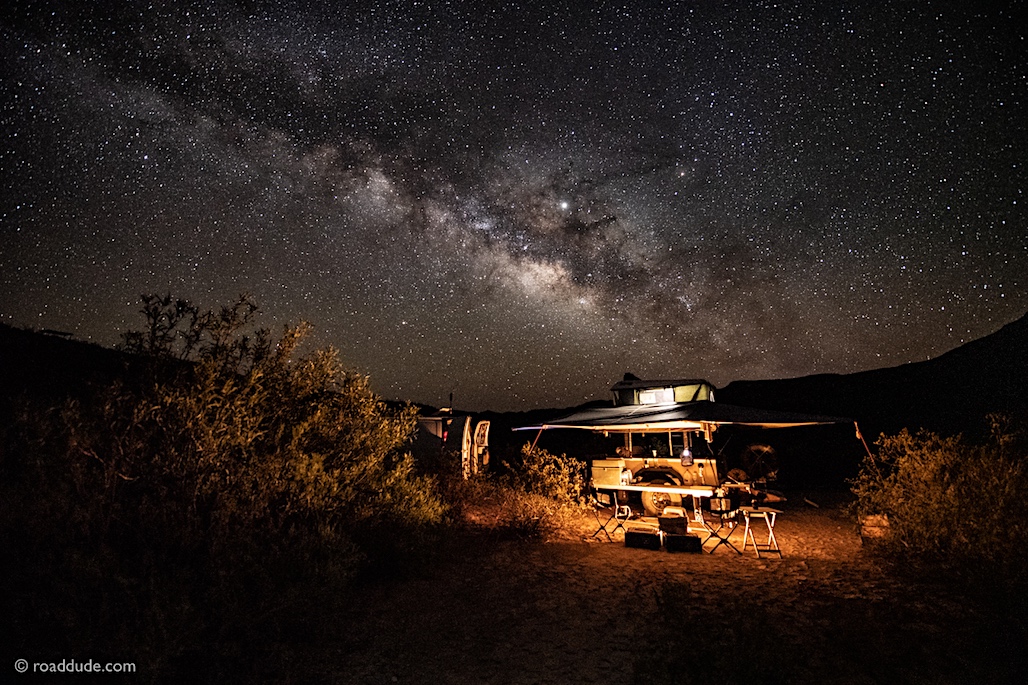
Advocate II

Advocate II

Member III
16986
Pretty lite !Fresh belt, some hoses, valve stems, and a half shaft on occasion. Of course, Duck Tape.
also makes you the most popular on the cell block...A pretty dress and Couple cases of Marlboro reds.

Member III
16986
There is no AAA service on forest roads or even some dedicated rural highways. Michael (founder) had to be towed out of the boonies about 20 miles not long ago by his fellow OB'er to a highway where a tow truck picked him up.I'm 64, I've never packed more than a spare tire and a few basic tools. Proper maintenance is all I rely on. I do no mechanical work, not even oil changes cuz when I take it in for an oil change my mechanic has a 40 point check list. And if he finds something out of spec...... we replace it.
I cannot believe the apocalypse now crowd who pack a thousand pounds of parts and tools. But I've had these for over 40 years. VISA, MASTECARD & AAA. Used the AAA twice. Both times if I had paid attention I could have had the issue fixed before it broke.
Back in the days of fan belts.... I never carried a new one but the old one rode inside the spare tire. Follow the maintenance schedule, use a licensed mechanic, listen to him, done. Only needed a tow twice in 40 years. The second time, we got decked for 100 miles for free thanks to AAA. Actually saved gas.

Enthusiast III

Member III
16986
Damn if I had that in the back of my rig I'd have to leave all the other parts at home.Duct tape, bailing wire, gas and this.... View attachment 113130
A parts runner to go get anything else you might need. #invaluable
You joke, but...Duct tape, bailing wire, gas and this.... View attachment 113130
A parts runner to go get anything else you might need. #invaluable


Pathfinder II
Hey BMWguru, are you wheeling a Bimmer? I have an E70 X5 that seems too fragile but maybe your experience is different.WOW! Ok no worries I'm not carrying anymore spare parts at all, I'll just call you!

Influencer I
Props on the using the correct Bimmer ref! I do not wheel a Bimmer although I suppose I could try with my wife's F25 but I imagine she would frown on that, haha! I wheel a 4Runner simply because BMW does not make a vehicle that is comparable. My buddy has an E53 that he has a small lift kit for. I think it's a spacer lift though. Not sure if there are any lift options for the E70. BMW's are not fragile IMHO but when they are asked to do things they are not designed to do they do not fair well, nor do many cars/trucks.Hey BMWguru, are you wheeling a Bimmer? I have an E70 X5 that seems too fragile but maybe your experience is different.

Member III
16986
They were selling for under $600 the last time I looked. They are a great buy and geared for off road so they fit the bill.

Advocate III
Just back from camping all week, but will gather my thoughts and reply in a bit or tomorrow.Belts
A way to repair hoses like Rescue Tape
JumpBox - Some way to jumpstart your vehicle
Quart of oil
Sometimes an extra spare
I have seen people take shocks, coilovers, spark plugs and on and on. I think it really depends on how far out you are and how far the nearest shop would be. I am sure you will get better answers from others. Maybe @Road has some input. As you mentioned it depends a lot on the vehicle you drive as well.

 roaddude.com
roaddude.com

Advocate III

 roaddude.com
roaddude.com

Member III
16986
I've been thinking about this on and off since I got home last night and can't think of any spare parts I typically carry, though do keep a lot of maintenance and repair items, tools, and jumper cables.
My vehicle is a GMC Savana diesel long wheelbase van. One of the big reasons I kept it instead of going for a Land Rover, Toyota product, Jeep, or other vehicle is that they are one of the most common vehicles in North America and parts are readily available everywhere, both new and used. It also is not a vehicle that has a lot go wrong with it on a regular basis.
I've put around 200,000 miles on the ol' gal in the time I've had her, of over 400,000 miles total, and have never had a road failure. Same with my diesel Chevy van before this one, that I retired at over 500,000 miles - more from the body starting to go to hell than any mechanical reason.
So, no spare parts, really.
I do carry a full change of oil, filters for both oil and fuel, and the other fluids necessary for maintenance. I also keep rolls of Gorilla Tape, both wide and narrow, zip ties, fuses and bulbs and headlights, etc, all typical maintenance stuff.
[/QUOTE
This all sounds reasonable to me based on the fact that you have a diesel. They usually only suffer from dirty fuel that you buy from some dealers that clog the filters. No spark plugs itself is a big help. Do diesels have magneto's ? The engines are a lot more waterproof. I don't think you can compare a diesel rig to a gas rig very well when it comes to the engine and what spare parts to carry. All else said, not a lot breaks on a heavy duty rig as often. I know I wouldn't have as many concerns if I were driving my 3/4 ton 4x4 Dodge in the boon docks instead of what I do drive. Maintenance is the key to breakage as others have pointed out. That and just not doing something stupid when your out alone.

Advocate III
.Outside of a tool roll that has basic tools (a multimeter included), tapes and a tire kit I don't carry many parts... even with over 300k miles on the Cruiser. I do carry a coil pack and a MAF sensor in the 100 series as those are the only parts that have ever started to fail on a trip.
For the MJ (200k) and TJ (140k) all I ever bring along are a few pieces of vacuum line and a few typical bolts in addition to the tool roll. I have thought about picking up a spare TPS for the Jeeps, but have never had one die on me.
I stay on top of maintenance and preventative maintenance, almost to a fault and am a very conservative driver on long distance trips. At this point, my longest trips are about 2 weeks, maybe I'll pack more parts as I approach a month+. It shocks me that some folks bring so many extra parts on a trip. I am already full of people + gear and can't imagine packing an additional 1/2 a Napa in the rig(s).

Advocate III
Couldn't find what you'd written at first, then saw it was buried in my quoted post.This all sounds reasonable to me based on the fact that you have a diesel. They usually only suffer from dirty fuel that you buy from some dealers that clog the filters. No spark plugs itself is a big help. Do diesels have magneto's ? The engines are a lot more waterproof. I don't think you can compare a diesel rig to a gas rig very well when it comes to the engine and what spare parts to carry. All else said, not a lot breaks on a heavy duty rig as often. I know I wouldn't have as many concerns if I were driving my 3/4 ton 4x4 Dodge in the boon docks instead of what I do drive. Maintenance is the key to breakage as others have pointed out. That and just not doing something stupid when your out alone.

 roaddude.com
roaddude.com

Pathfinder I
“actually saved gas” - I love it.I'm 64, I've never packed more than a spare tire and a few basic tools. Proper maintenance is all I rely on. I do no mechanical work, not even oil changes cuz when I take it in for an oil change my mechanic has a 40 point check list. And if he finds something out of spec...... we replace it.
I cannot believe the apocalypse now crowd who pack a thousand pounds of parts and tools. But I've had these for over 40 years. VISA, MASTECARD & AAA. Used the AAA twice. Both times if I had paid attention I could have had the issue fixed before it broke.
Back in the days of fan belts.... I never carried a new one but the old one rode inside the spare tire. Follow the maintenance schedule, use a licensed mechanic, listen to him, done. Only needed a tow twice in 40 years. The second time, we got decked for 100 miles for free thanks to AAA. Actually saved gas.
